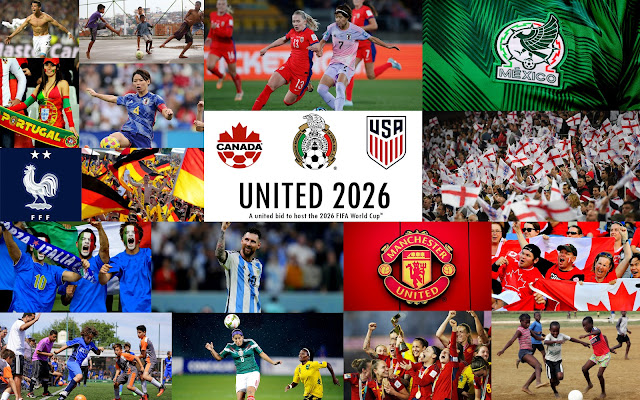Reflection 4: Separated by a Common Language—Understanding the "Other" Englishes ((Assign. 9/12)
About our shared US-UK heritage, 19th century British writer Oscar Wilde observed: "We really have everything in common with America nowadays except, of course, language." It was a joke, but Wilde's point is nonetheless well taken. America was a young and distant British colony when its own forms of English began to take root, distinct from that of mother England. Today, the world contends with not only British and American Englishes, but also those of a number of other countries, including Canada, Australia, New Zealand, Wales, Ireland, Scotland, and South Africa. Technically, we all speak the same language, and yet, the differences can be stark. How do you do with the "other" Englishes? How do they sound to you? Which sound pleasing? Which sound peculiar? And what's trickiest part of understanding other versions of English for you?
Include at least two of the following in your discussion:
- "Americans Don't Understand English" (Jonathan Ross)
- "Eleven Difficult English Accents You WON'T Understand" (Olly Richards)
- "British, American, International: Different Types of English" (acolad.)
- "English Differences Among Four Countries! (American, British, Aussie, Canadian)" (WorldFriends)
- "Why Do Americans and Brits Have Different Accents?" (LiveScience)
Due: Fri 3.29 (via Packback)



Comments
Post a Comment